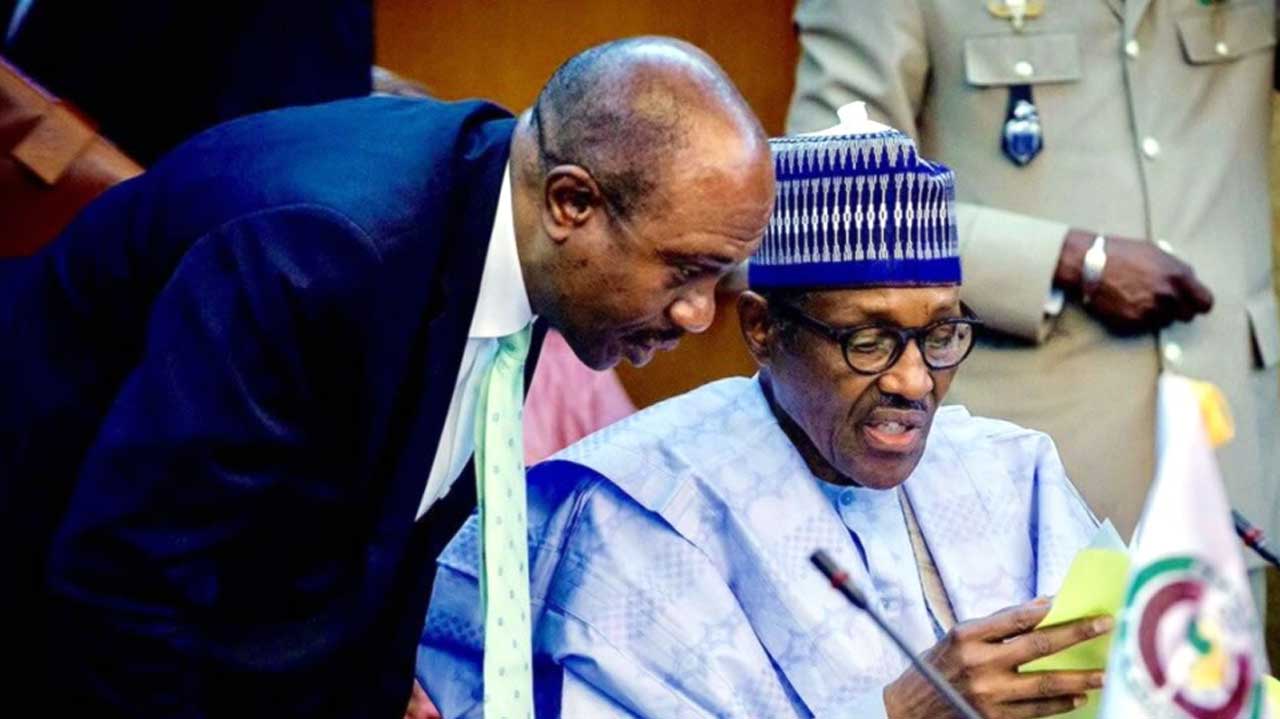 Agusto & Co, a rating and research firm, says the cash squeeze is pushing cash-dependent businesses, most of which are Micro, Small and Medium-Scale Enterprises (MSMEs) to the brink just as the wellbeing of millions, mostly rural dwellers, is being threatened by the prolonged crisis.
Agusto & Co, a rating and research firm, says the cash squeeze is pushing cash-dependent businesses, most of which are Micro, Small and Medium-Scale Enterprises (MSMEs) to the brink just as the wellbeing of millions, mostly rural dwellers, is being threatened by the prolonged crisis.
The firm raised the alarm in its report highlighting the unintended consequences of the programme, which started on October 25, 2022, leading to an extreme case of currency scarcity that is taking a toll on businesses and social engagements of millions of Nigerians.
The report entitled, ‘Redesign Gone Wrong? – Costly Cashless’, faults the execution route of the Central Bank of Nigeria (CBN), noting that the expectation management rating is below average, while sensitisation activities were not sufficient.
“In our opinion, the CBN failed to do enough through the media (television, radio, newspapers and new media) to effectively sensitise the public, particularly, the rural dwellers, and manage expectations. Most Nigerians assumed a simple exchange of old Naira notes for new ones.
“However, if we are to believe claims by the Kaduna State Governor, Nasir El-Rufai, the CBN printed circa N400 billion in new notes, leaving a shortfall of N2.3 trillion. So, while the exercise has reportedly reeled in 80 per cent (N2.1 trillion) of the N2.7 trillion held outside the banking system thus far, the average Nigerian is once again confronted with a test of resilience. Cash has become commoditised, hoarded by many and now commanding outrageous premiums of up to 20-30 per cent at point-of-sale (PoS) outlets,” the report states.
It points out MSMEs, which account for 96 per cent of businesses and 86.3 per cent of the national workforce, as the most affected sector in the scheme of naira redesign. It warns that the long-term consequence of the negative exposure of small businesses could outweigh any benefit the policy holds for the economy.
Besides, Agusto argues that rural dwellers are faced with major survival challenges as access to healthcare and other essential services is being threatened by low access to cash.
It adds: “The abrupt shift to electronic payments, which the current cash shortage has necessitated, has overwhelmed the banking industry’s digital payments infrastructure. Nigerians are currently grappling with an unprecedented rate of electronic transaction failures. To further complicate matters, many transactions have not only failed, but refunds are taking days, even weeks in some instances, leaving many stranded and constraining commercial activity.
“The hardest hit by the policy have been the most vulnerable members of the population (the poor, the unbanked and the rural dwellers). Nigeria is still a largely cash-dependent economy, with informal economic activity accounting for approximately 65 per cent of GDP and being dominated by MSMEs.”
On the flip side, it states, the biggest beneficiaries of the lapses in electronic transactions are fintech operators, which are reportedly far less prone to glitches and charge significantly lower transfer fees.
“Whether this is down to lower transaction volumes than traditional banks or the capacity of their digital infrastructure, or both, it remains unclear.
However, getting traditional banks to invest in expanding their digital infrastructure in a period of rapid currency depreciation (most of the required infrastructure is imported) and, just as crucially, enhancing their cybersecurity will be crucial in convincing Nigerians to go cashless,” it submits.



